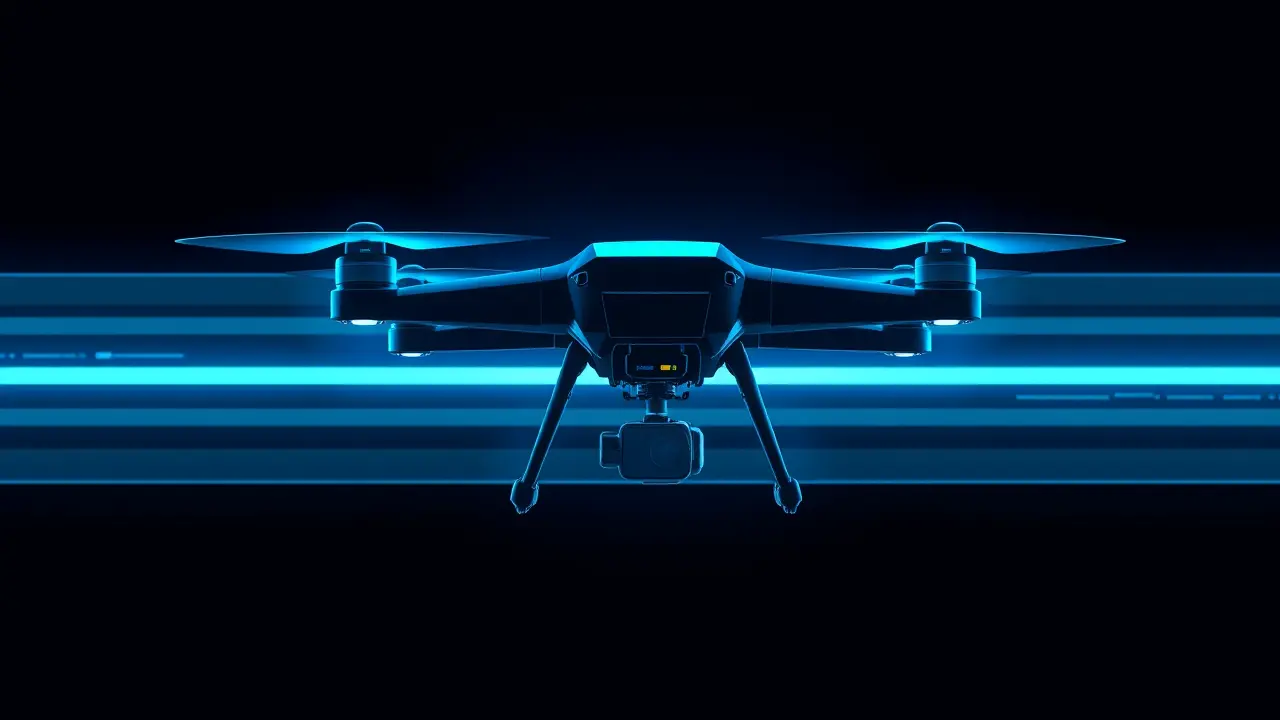
Politicsconflict & defenseMilitary Operations
UK to Assist Belgium Following Suspected Russian Drone Incursions.
OL
Oliver Scott
4 hours ago7 min read
In a move that underscores the escalating tensions along NATO's eastern flank, the United Kingdom has formally agreed to provide military assistance to Belgium following a series of suspected Russian drone incursions into Belgian airspace. The request, a direct appeal from Belgium's Chief of Defence to his British counterpart, Sir Richard Knighton, was confirmed this week and involves the deployment of specialized personnel and advanced detection equipment to bolster Belgium's air defence network.This development is not an isolated incident but rather the latest in a calculated pattern of aerial provocations believed to be orchestrated by Russian intelligence, designed to test NATO's response times, collective resolve, and the integrity of its sovereign borders. From a risk analysis perspective, these incursions are a classic hybrid warfare tactic—low-cost, high-impact operations that create political friction, force defensive expenditures, and probe for systemic weaknesses without triggering a full-scale military response.The strategic implications are profound; a failure to respond robustly could be interpreted in Moscow as a green light for more aggressive actions, potentially against the Baltic states or even in the context of the ongoing conflict in Ukraine. Conversely, a measured but firm reinforcement, as seen with the UK's swift agreement, sends a clear signal of alliance cohesion.This scenario echoes historical precedents such as the persistent Soviet aerial intrusions during the Cold War, which were meticulously mapped and analyzed for intelligence gaps. The specific equipment the UK is providing—likely including sophisticated electronic warfare suites and radar-jamming countermeasures—will be critical in identifying the drones' points of origin and command links, data that is invaluable for future threat assessment and scenario planning.For Belgium, a nation with a complex history of neutrality but now a core NATO member, this incident represents a stark modernization of its security priorities, moving its defence planning from theoretical exercises to tangible, real-world deployments. The broader consequence for the alliance is a necessary recalibration of air policing protocols across Europe, potentially leading to a more integrated, rapid-reaction air defence grid that shares intelligence and resources in real-time, a significant step beyond the current rotational model. This event, while contained, is a critical data point in the larger geopolitical standoff, illustrating that the front lines of this new era of great power competition are not only in the trenches of Donbas but also in the electronic spectra and airspace above our capitals.
#UK
#Belgium
#military assistance
#Russian drones
#defense cooperation
#NATO
#featured
Stay Informed. Act Smarter.
Get weekly highlights, major headlines, and expert insights — then put your knowledge to work in our live prediction markets.
© 2025 Outpoll Service LTD. All rights reserved.